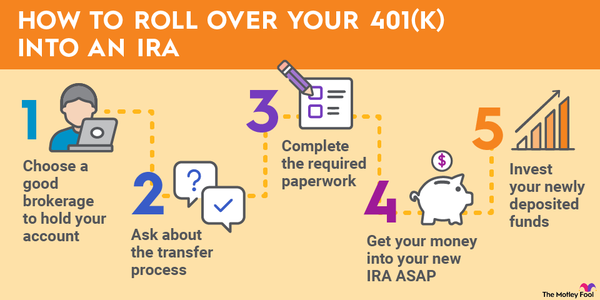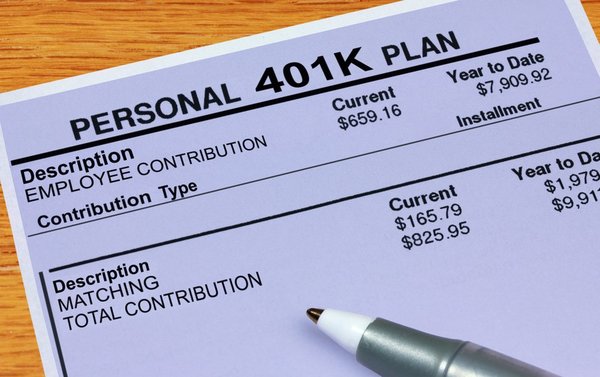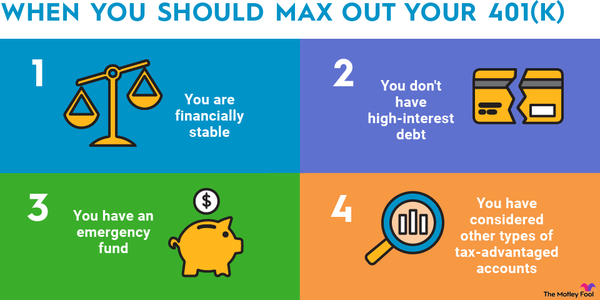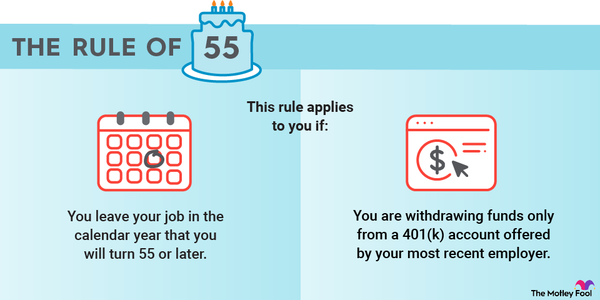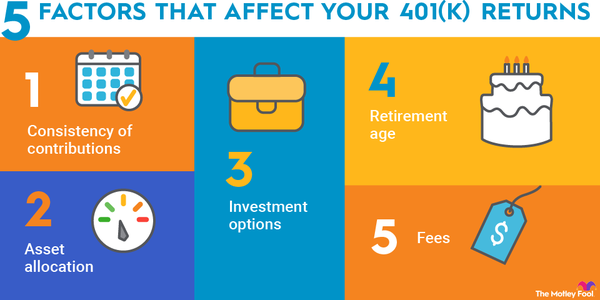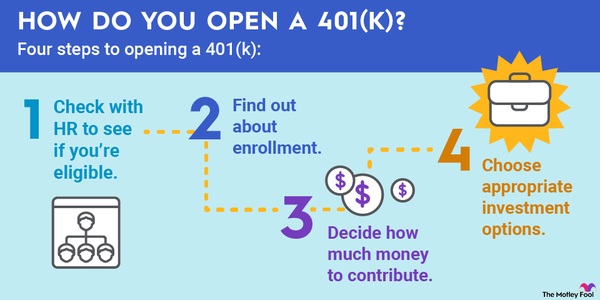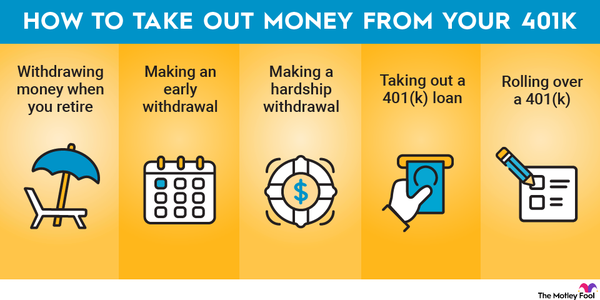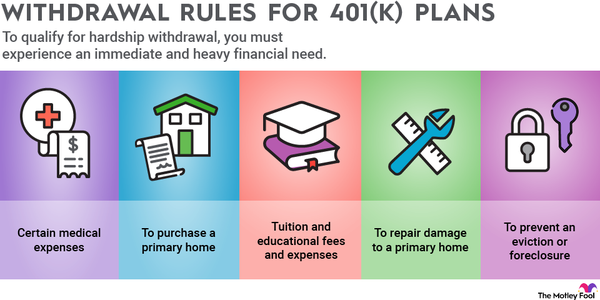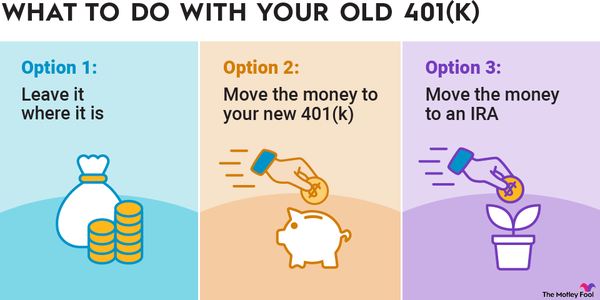Many employers offer their employees a 401(k) plan to help them save for retirement. Since the 401(k) is a qualified plan, it is subject to rules established by the 1974 Employee Retirement Income Security Act (ERISA). One rule places restrictions on income to make sure the plan doesn't unfairly favor higher-wage earners in a company versus lower-wage earners.
These income limit rules won't affect most people, and the impact on those they do affect is very minimal and shouldn't detract much from their retirement savings strategy.

401(k) income limits
For 2024, the IRS limits the amount of compensation eligible for 401(k) contributions to $345,000. That's an increase from the 2023 limit of $330,000. The IRS adjusts this limit every year based on changes to the cost of living.
It's an important distinction that the limit is based on total compensation, which includes employer contributions to a 401(k) plan and not just salary.
That income limit doesn't mean anyone making more than $345,000 in 2024 (or $330,000 in 2023) is ineligible to contribute. It only means any amount of compensation above the limit isn't eligible for contribution.
Employees making more than the limit can still contribute the maximum salary deferral to their employer's 401(k) plan. However, the employer's matching contribution will apply only up to the limit.
For example, if you're paid $500,000, and your employer also offers a 5% match on your 401(k) salary deferrals, you can contribute $23,000 in 2024. Your employer match will only be $17,250, though, instead of the full $25,000, or 5%. That's because it's limited by the $345,000 compensation limit for 2024. Even though 5% of $500,000 is $25,000, 5% of $345,000 is only $17,250.
In rare cases, such as when 401(k) plans are poorly written, employees find their own contributions affected in a different way by the income restrictions. If the plan states employees can defer salary up until they reach the annual income limit, they won't be able to contribute anything near the end of the year after they surpass that limit. If this is the case with your plan, ask your HR department to change the wording of the plan so you can make contributions throughout the year. In the meantime, be sure to contribute earlier in the year.
401(k) contribution limits
401(k) plans are also subject to several contribution limits.
First there's the annual employer salary deferral limit. For 2024, that's $23,000, up from $22,500 in 2023. Employees 50 and older can contribute an additional $7,500 in both 2023 and 2024.
Next there's the overall contribution limit, which combines both employer and employee contributions. In 2024, it's $69,000 ($66,000 in 2023) or $76,500 for employees 50 and older ($73,500 in 2023). Employer contributions are also limited to 25% of an employee's salary.
Highly compensated employees
There are additional contribution restrictions for highly compensated employees as defined by the IRS and your 401(k) plan.
A highly compensated employee (HCE) meets at least one of these qualifications:
- They owned more than 5% of the business sponsoring the plan at any point during the past year. This 5% ownership is based on individual holdings, plus those of immediate family members and grandchildren working for the company.
- They make more than the annual compensation limit designated by the IRS. The limits are $155,000 in 2024 ($150,000 in 2023). The 401(k) plan may also specify that the individual must be in the top 20% of employees when it comes to compensation.
In order for a plan to remain compliant with ERISA, HCEs cannot contribute more than 2 percentage points more of their salary than non-HCEs on average. So if the average non-HCE contributes only 5%, the HCE group cannot contribute more than 7% of their combined salary.
This can make planning contributions extremely difficult since the limit is based on other employees' contributions and compensation. And, if you don't make a contribution in the calendar year, you lose the opportunity to do so even though you won't find out your actual contribution limit until the early part of the next year.
Related Retirement Topics
The best practice is to contribute up to the standard contribution limit and let the plan administrator determine if you overcontributed. If you did, you'll get your overcontribution returned to you and you'll owe income taxes on the entire amount -- both the principal and the earnings.
While there are income limitations on how much you can contribute to a 401(k) plan, most investors won't see much of an impact. Still, it's important to know the rules and what you can do if your plan is unfavorably written in order to make sure you can get the most out of your employer's 401(k) plan.











